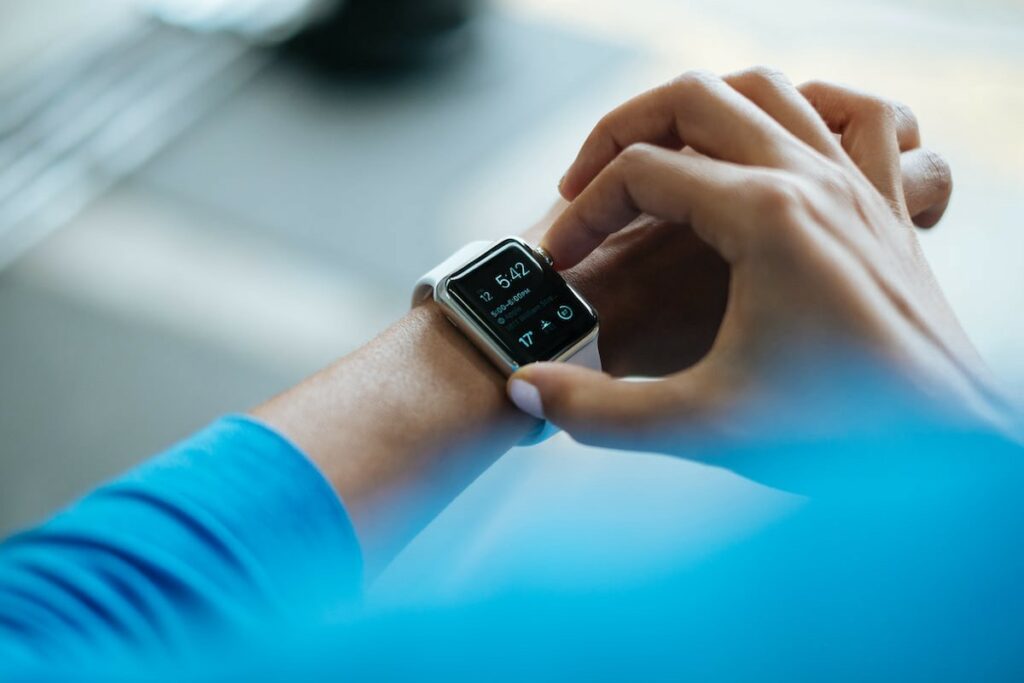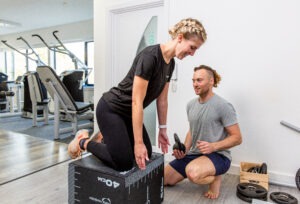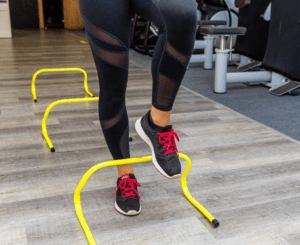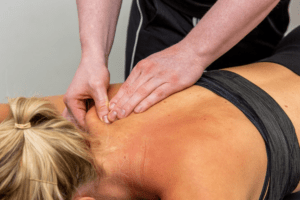13 million women in the UK are peri/post Menopausal
82% of women experience menopausal symptoms
70% have moderate/severe impacts on quality of life
84% of women want to be more physically active
(1)
But, how much do we really know about menopause?
As a society we are largely in the dark when it comes to menopause. Even those not directly experiencing symptoms of Peri menopause or Menopause can benefit from being aware and having a basic understanding of the condition. Many people – including women who are already going through the menopause – have a lack of understanding about the typical symptoms, and in some cases, attribute them to disease, illness, or dysfunction. Many women were never warned about the impact on tendon and bone health, vaginal dryness, or the fact that there’s a lot to look forward to during menopause and beyond.
Davina McCall has done some amazing work to highlight the topic of menopause, and to use her platform to spread awareness and understanding. She spoke to BBC Radio 5 earlier this week about “why the menopause helped her life”.
Awareness and understanding
Every woman is unique and therefore no experience with menopause is the same. What we know is that women who are more aware of what to expect during menopause have an easier time coping with the changes.
Awareness and understanding is a great place to start to improve your experience with the menopause. Beyond that, we advocate movement as being another factor in easing symptoms.
Movement and menopause
Strength training can increase your bone density and muscle strength. Diet can have a big impact on inflammation in the body and you can decrease it by staying away from processed foods that are high in sugar and trans fats. Many women opt for HRT, and truthfully there’s still a massive gap in the research when it comes to this topic with very few studies investigating women who exercise on a regular basis. Oestrogen’s also not the only hormone that’s affected by the menopause. But the early signs are that HRT may be beneficial to help you maintain a strong healthy body for longer.
Tendon and bone health can be impacted by this drop in oestrogen levels, and according to Sports Injury Physio, the rate at which osteoarthritis develops can also be increased.
Increasing oestrogen in women with signs of osteoarthritis has been shown to have a positive effect on joint cartilage, bone and muscle and decrease the inflammation in their joints
While it might not immediately erase all your symptoms, regular physical activity will set your body and mind up to manage the inevitable stresses of life whatever age you are. Movement should bring you joy, and anything you love to do, you’re more likely to keep up, and your body will thank you by reducing the presence of stress hormones allowing your body’s nervous and immune systems to work in your favour.
The menopause journey
Our colleagues at the Oxford Hormone Clinic, explain the various stages of menopause:
Perminenopause encompasses the years preceding the menopause which can begin in a woman’s 40’s or sometimes even earlier. It occurs as the store of eggs that a woman is born with declines. This in turn results in lower hormone levels being secreted by the follicles in the ovaries. As the hormones fluctuate, symptoms come and go and periods change in pattern.
The average age for women to hit the menopause in the UK is 51. Menopause is a retrospective diagnosis, and can only be confirmed 12 months after a woman’s final period has occurred. At this stage, the ovaries have finally run out of eggs, resulting in a dramatic fall in all three important female hormones, oestrogen, progesterone and testosterone. Hormone receptors are located throughout the body; your brain, skin, bones, heart, musculoskeletal system, joints, urinary tract and genital area. Varying hormone levels can affect any or all of these parts of the body, therefore causing a wide range of different symptoms.
Menopause is usually a natural event, but can also be surgically induced, following removal of the ovaries, or secondary to medical treatment such as chemotherapy or radiotherapy.
To summarise, there’s so much to learn about the menopause, and many of us are in the dark and have misconstrued views on the menopause, which can lead us to be unprepared when symptoms arise. It’s not all bad! Yes, many symptoms of the menopause provide challenges and impact our usually lifestyles, but it is possible to still enjoy life and feel in control.. Take some time to review your lifestyle, diet and physical activity schedule and see how you can adjust it to compensate for the changes your body is experiencing. It may also be worth visiting a nutritionist.
(1) https://www.menopausemovement.co/



